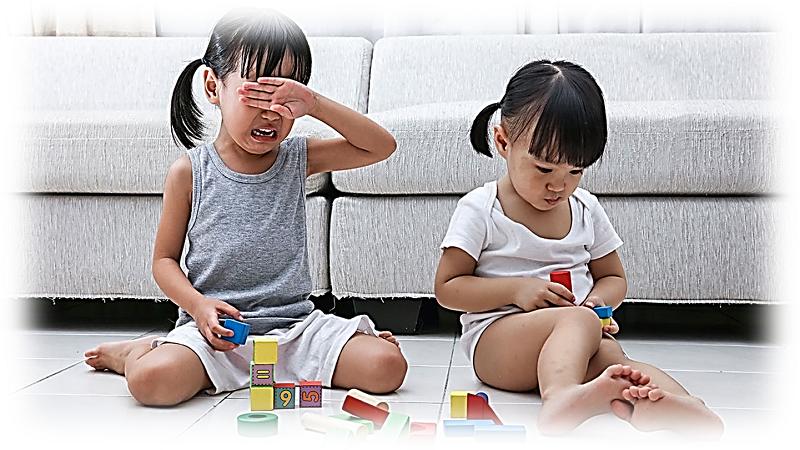"It's Not Fair"
"It's Not Fair"

Like David in Psalm 37, all of us have been victims of injustice. To one degree or another, we have been wronged by other people and yet they have gotten away with it while we have suffered painful consequences. We’ve been cheated, slandered, gossiped about, mistreated, and misrepresented. We’ve lost money, reputation, promotion, relationships, even jobs. People have abused their positions, their power, their privileges, and their networks to do us harm or prevent good coming to us. “It’s not fair!” and there’s nothing we can do about it.
Even the youngest child knows something of this pain. One of the first phrases kids learn is, “It’s not fair!” My bike is stolen, my favorite toy is broken, my brother hits me and no one hits him back. “It’s not fair!”
Deeper and Wider Pain⤒🔗
As we get older, the pain goes deeper as we perceive favoritism in the family, suffer bullying at school, experience betrayal by friends, become victims of social media smears, and even suffer at the hands of the church and other Christians.
Then we begin to learn about the great inequities in the world: the perks and privileges of the rich and powerful, the sufferings and sorrows of the weak and the oppressed. We see it to some degree in our own country; we especially see it in other countries like North Korea, the Sudan, the Congo, etc. “It’s not fair!” and there’s nothing we can do about it.
Dwelling on Injustice←⤒🔗
If we allow our hearts and minds to dwell on these personal, social, ecclesiastical, or international injustices, we will spend our lives in a state of constant and damaging agitation; fretfulness, anxiety, bitterness, and anger will be our constant and damaging companions. Our minds will darken, our hearts will despair, and our bodies will deteriorate, too. “It’s not fair,” but there is something we can do about it. In fact, there are a few things.
1. Don’t inflict injustice upon anyone←↰⤒🔗
Consider the effects, the impact, the damage, and the destruction of injustice by reading, feeling, and singing Psalm 37. Before you even think about abusing your power, taking advantage of someone, or wronging someone, ponder the long-term consequences for them.
2. Confess and put right injustices←↰⤒🔗
Is there anyone who is singing Psalm 37 because of you today? Go to them, say sorry, put it right, and deliver them from their painful plight.
3. Recognize the impact of injustice upon yourself←↰⤒🔗
There are no medals for downplaying or denying how injustice has impacted you. In Psalm 37, David reveals the effects of injustice upon himself by what he commands himself and others not to think and feel: he frets (v. 1), he envies (v. 1), he doubts God will act (v. 2), he’s agitated (v. 7), he’s impatient (v. 7), he thinks they are getting away with it (v. 7), he’s furious (v. 8), he questions if they will ever face justice (v. 9), he feels threatened (v. 14), he fears for the future (v. 19), he’s tempted to sin (v. 27), etc.

This is deep, wide, and long. Deep, in that it goes into the depths of our being; wide, in that it affects us in every dimension – spiritual, mental, physical, and social; long, in that it lasts for months and years. There is no point in bottling this up until we explode or disintegrate.
4. Bring it to God←↰⤒🔗
You cannot carry this yourself. It is too heavy, too hard, too difficult. Follow the pattern of Psalm 37 where the psalmist un-bottles his feelings and spills them out before the Lord. Tell Him it as it is. Surrender it to Him (Ps. 55:22). And remember, as the victim of the greatest injustice ever perpetrated, He understands and feels your screams. He can empathize with you and support you through this agony.

Add new comment